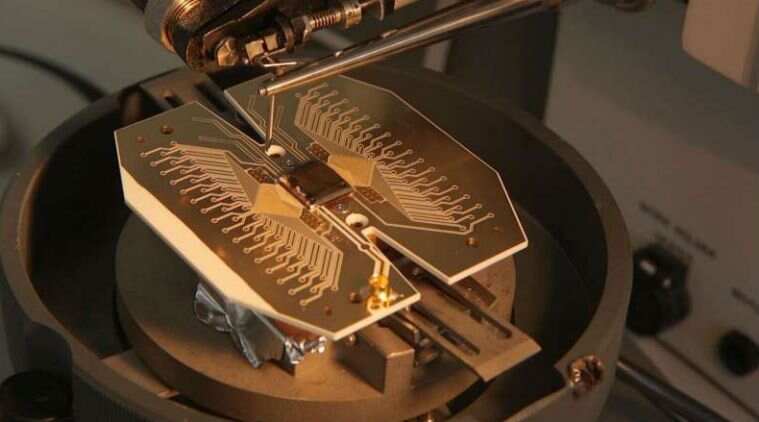China has new claims it has developed the world’s most powerful supercomputer, according to news from Live Science. A team of Chinese experts was reported to have been working on the computer for some time.
The computer is said to be capable of performing at least one task 100 trillion times faster than all the world’s fastest supercomputers. The experts who built the machine claimed that it is able to operate 10 billion times faster than Google’s supercomputer. The team of experts named their latest product Jiuzhang. More information about the supercomputer had been published earlier this month in the Science journal.
Google had claimed that it had the world’s fastest computer in 2024. Google’s team reported that it was the world’s first quantum computer. At the time, Google claimed that its computer was able to outperform the world’s best supercomputers at quantum calculation, but IBM disputed Google’s claim at that time. However, if the claims by the Chinese experts and Google are true, what that means is that Jiuhang is the second quantum computer to achieve supremacy worldwide.

An NDTV report showed how China invested heavily in quantum computing, and how the government spent US$10 billion on its National Laboratory for Quantum Information Sciences. China is also a leader in quantum networking, using quantum mechanics to transmit data encoded across great distances. Quantum computers can make use of unusual mathematics of the quantum world to outdo the performances of classical computers on certain tasks.
Where classical computers calculate using bits of two states such as 1 or 0, quantum bits or qubits make use of many states at the same time. This allows the supercomputers to solve unusual calculating problems quickly than classical computers.
The Chinese supercomputer makes its calculations using optical circuits to answer questions on the behavior of light particles. These computers are hard to manufacture because of the heavy resources needed to complete one, thereby discouraging most scientists from embarking on such technology.

